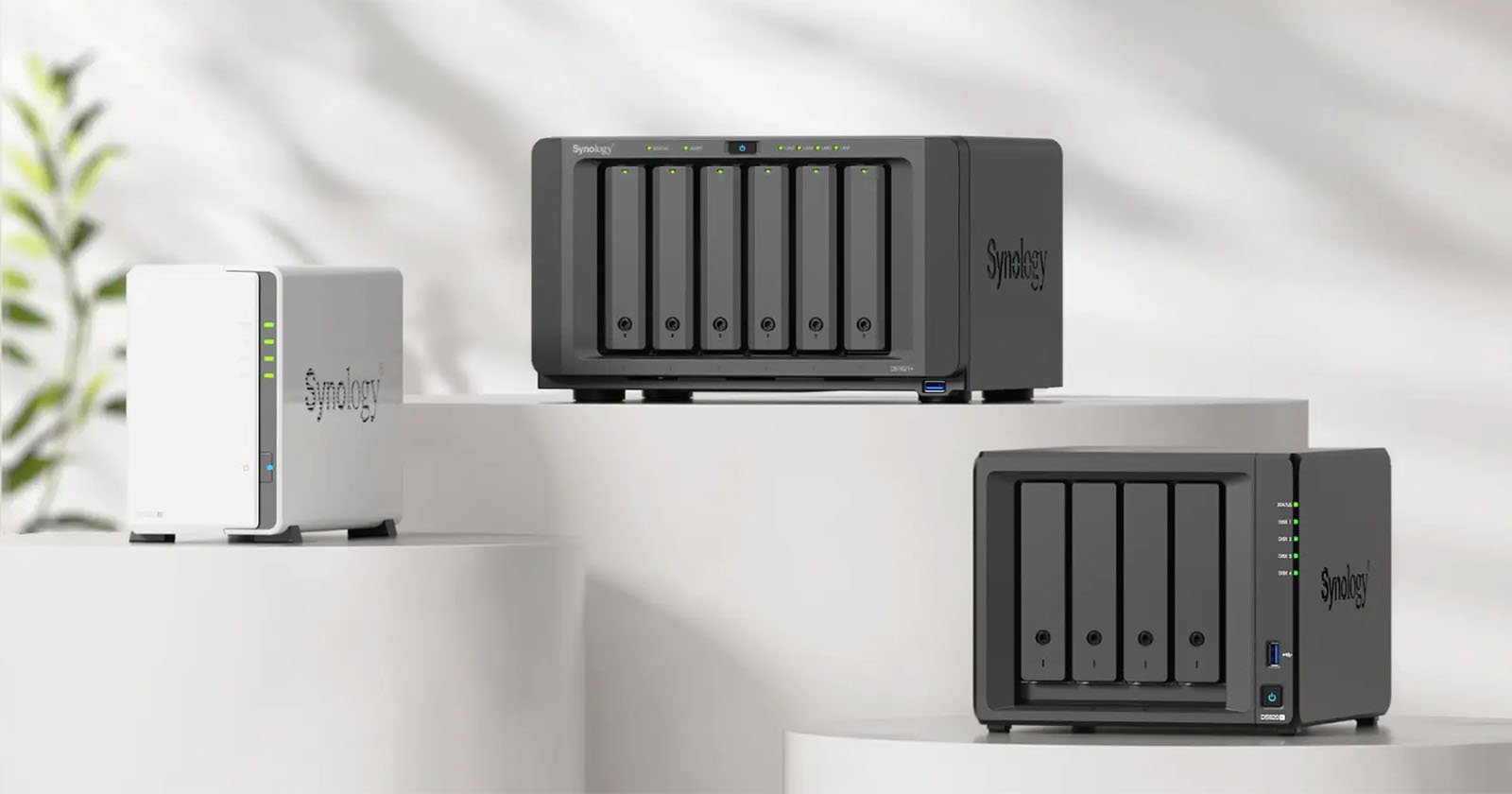Instructions

No Third-Party Drives Allowed
In today's digital landscape, data security has become paramount for organizations seeking to protect their sensitive information. Many companies are now implementing strict policies that prohibit the use of external or third-party storage devices to mitigate potential cybersecurity risks.
These comprehensive security measures are designed to prevent unauthorized data transfer, reduce the likelihood of malware infiltration, and safeguard critical corporate assets. By restricting external drive usage, businesses can significantly minimize the potential entry points for cyber threats.
Employees must understand that these policies are not meant to inconvenience them, but to create a robust defense mechanism against potential data breaches. Modern organizations are increasingly adopting advanced cloud storage solutions and secure internal networks to ensure seamless and safe data management.
Key strategies for maintaining data security include:
- Implementing strict device control policies
- Using advanced endpoint protection software
- Conducting regular cybersecurity training
- Monitoring and logging device connections
By prioritizing data protection, companies can create a secure digital environment that protects both organizational and employee interests.
Synology's Strategic Drive Management: Revolutionizing Network Storage Solutions
In the rapidly evolving landscape of digital storage and data management, network-attached storage (NAS) systems have become critical infrastructure for businesses and tech enthusiasts alike. The intricate world of data preservation and accessibility demands innovative approaches that go beyond traditional storage methodologies.
Unleashing Unprecedented Data Management Strategies for Modern Enterprises
The Paradigm of Proprietary Storage Ecosystem
Synology has emerged as a transformative force in network storage technology, challenging conventional wisdom about drive compatibility and system integration. By implementing a meticulously curated approach to drive selection, the company has redefined expectations surrounding NAS performance and reliability. Their strategic decision to exclusively support specific drive configurations represents a bold departure from industry standard practices, signaling a commitment to unparalleled system integrity and optimal operational efficiency.
The implications of this approach extend far beyond mere technical specifications. By carefully controlling the hardware ecosystem, Synology ensures that each NAS deployment meets rigorous performance benchmarks, minimizing potential failure points and maximizing long-term data preservation capabilities. This methodology demonstrates a profound understanding of the complex interplay between hardware components and system stability.
Technical Foundations of Selective Drive Compatibility
Delving deeper into Synology's technological framework reveals a sophisticated validation process that goes beyond superficial compatibility checks. Each drive undergoes extensive testing protocols designed to assess not just immediate performance metrics, but long-term reliability and resilience. The company's engineers employ advanced diagnostic techniques, analyzing everything from thermal characteristics to read/write consistency under diverse operational scenarios.
This comprehensive evaluation process represents a paradigm shift in storage technology. Rather than accepting generic hardware solutions, Synology has positioned itself as a curator of premium storage experiences. Their selective approach ensures that every recommended drive meets stringent quality standards, effectively mitigating risks associated with suboptimal hardware configurations.
Economic and Performance Implications
The strategic drive management approach carries significant economic ramifications for enterprise and individual users. By narrowing compatible drive options, Synology creates a more predictable and controlled environment where performance becomes a guaranteed attribute rather than a variable factor. This predictability translates into tangible benefits: reduced maintenance costs, enhanced system longevity, and minimized unexpected downtime.
Moreover, the company's methodology challenges traditional market dynamics. Instead of competing solely on price, Synology competes on value, demonstrating that superior system design can justify premium pricing. Their approach implicitly communicates that not all storage solutions are created equal, and discerning users should prioritize quality over mere cost considerations.
Future-Proofing Storage Infrastructure
As data volumes continue to exponentially expand, Synology's forward-thinking strategy positions them at the forefront of storage innovation. By maintaining strict control over hardware ecosystems, they are effectively future-proofing storage infrastructure against emerging technological challenges. This proactive approach ensures that their NAS systems remain adaptable, scalable, and resilient in an increasingly complex digital landscape.
The company's commitment extends beyond immediate technical specifications, representing a holistic vision of data management that anticipates future technological evolutions. Their selective drive compatibility is not just a current strategy but a foundational philosophy that will likely influence broader industry practices in the years to come.
